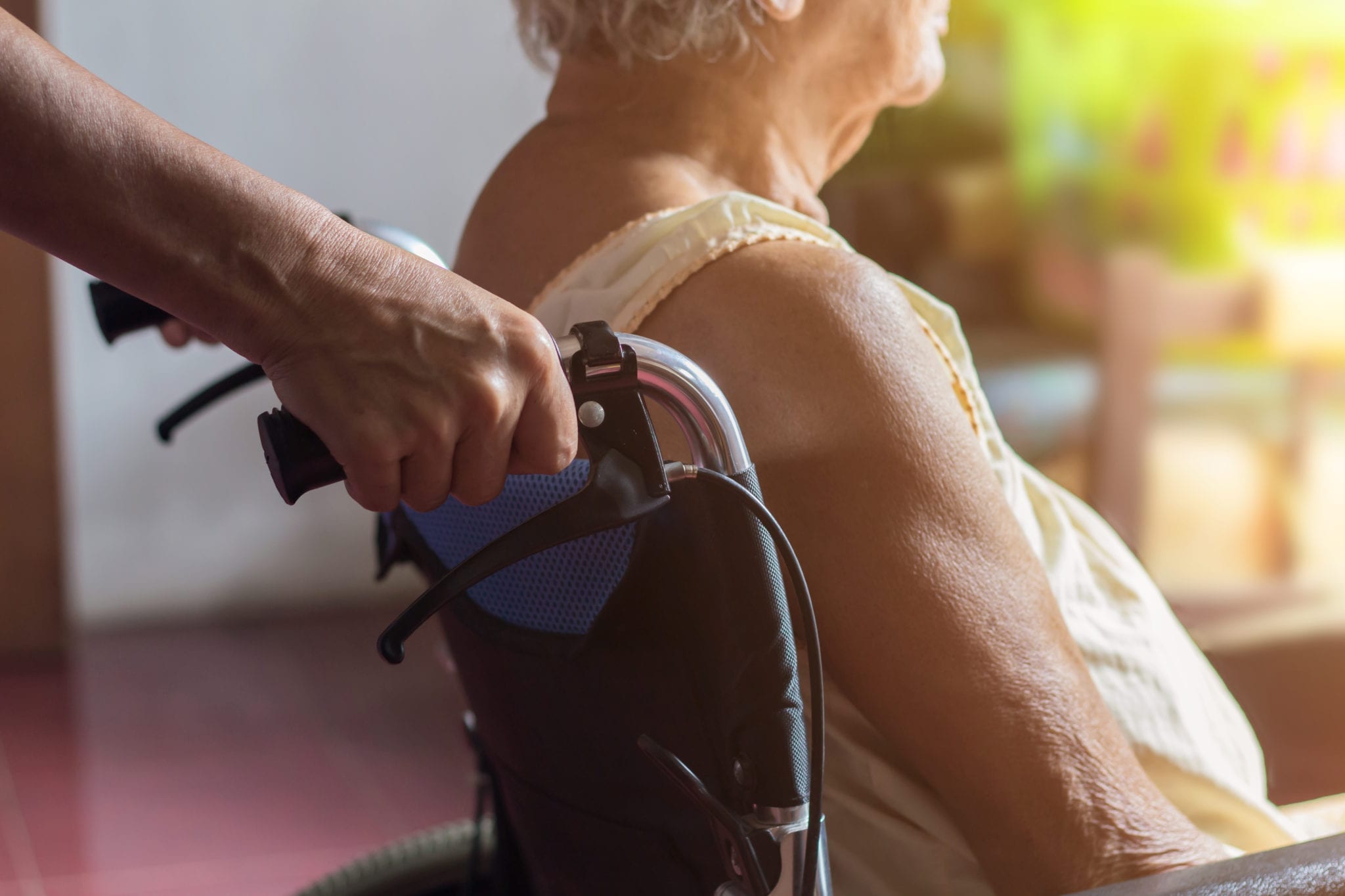Disabled residents are among the highest risk group of nursing home residents for abuse and neglect.
Abuse can happen to anyone, no matter the person’s age, mental capacity, or physical ability. However, people with disabilities are more likely to be abused, especially as they age.
Disabled Residents Require Special Care
It can be challenging to care for individuals with physical or cognitive disabilities. People with these types of limitations require special care.
Nursing home staff must provide special care for residents who:
- Are unable to communicate their needs effectively
- May act aggressively towards the care staff
- Need extra help when it comes to bathing or using the toilet
Despite these challenges, nursing home staff and caregivers must be aware of the resident’s specific requirements, respect their needs and have plans in place to accommodate them.
Disabled Residents Are More Likely Victims of Abuse
There are several reasons that disabled residents are more likely to be abused. victims. For starters, the staff might perceive the residents as helpless or childlike because of their disability.
Because of this, staff members may assume the resident cannot:
- Make their own choices
- Be independent
- Be accountable for their decisions
- Join in with various activities
Alternatively, the staff may think the disabled residents are less valuable or important. If this is the case, the staff may be more likely to abuse or neglect certain residents.
Finally, disabled people often rely on others for their care. Being dependent on others for care increases the likelihood that a resident not speak out if they are neglected or abused by their caregivers. Even if the residents know they are being abused, they may believe they won’t be cared for if they speak out.
There are many different forms of abuse that disabled residents can face, including:
- Physical Abuse: This form of abuse is the easiest to spot. Some examples of physical abuse are punching, kicking, hair pulling, or physically restraining the residents.
- Psychological Abuse: Psychological abuse is when the abuser intimidates the resident, calls them names, and controls their activities and socialization opportunities. This type of abuse causes emotional pain and fear.
- Sexual Abuse: If the resident feels unsafe, humiliated, hurt, or forced to engage in some form of sexual activity, then it is sexual abuse. Some examples of sexual abuse are unwanted kissing, caressing, sexual encounters, or watching sexual videos.
- Financial Abuse: An example of financial abuse is when staff uses the resident’s money to purchase items the resident neither wants nor needs. Another example is if the staff pressures the resident to give them money or sign financial documents that the resident doesn’t understand.
- Medication Abuse: This form of abuse is when the staff members use medication for purposes other than dealing with a health issue. For example, some staff members may give residents excessive amounts of antipsychotics to sedate them.
- Neglect: The residents may suffer from neglect if they are not being cared for properly. For instance, they may be left alone for hours at a time, causing their health to worsen. Other examples include the destruction of a resident’s property (such as assistive aids), or they may not be taken to the bathroom or bathed regularly.
Disabled Residents Face Isolation
It can be incredibly isolating for residents with disabilities. They may be excluded from different activities because buildings or transportation services are inaccessible. Disabled residents may also be excluded from various social events because there is still a negative stereotype about people with disabilities.
Because they aren’t able to participate in all of the events and outings, residents with disabilities don’t get the social care they need. This further marginalizes them and causes the residents to become more vulnerable. And, if they are abused, the isolation means it may take longer for someone to notice.
Nursing Home Abuse Claims for Disabled Residents
If your loved one has suffered neglect and abuse in a nursing home due to their disabilities, then you may be able to pursue legal action. Attorneys experienced in nursing home abuse cases can help investigate your complaint and advise you of your legal options.
Contact the Nursing Home Abuse Center today to have your case reviewed for free.

